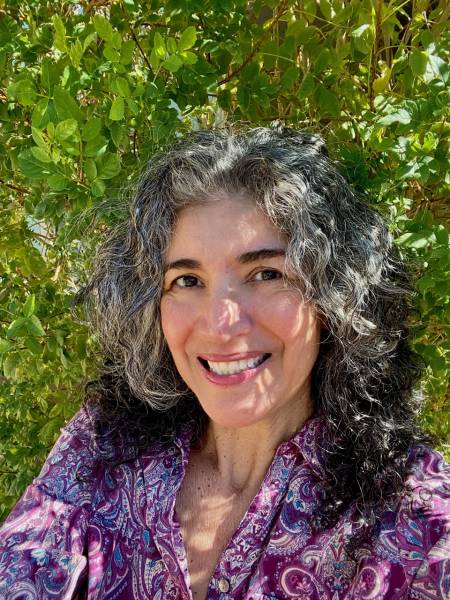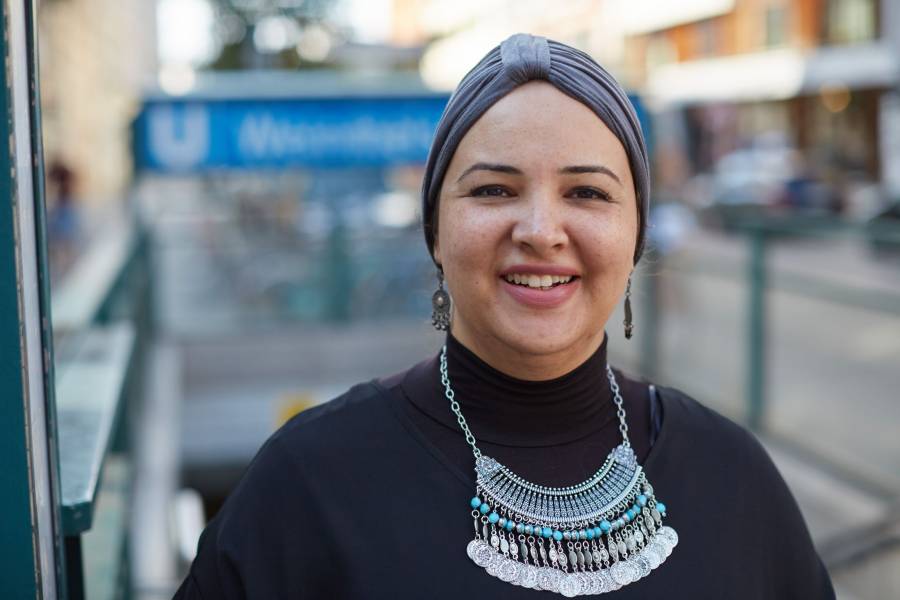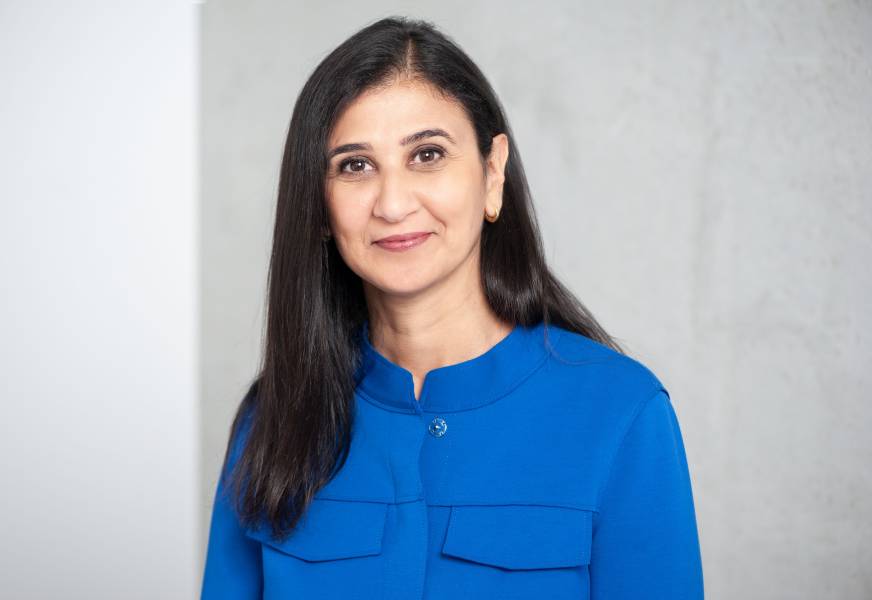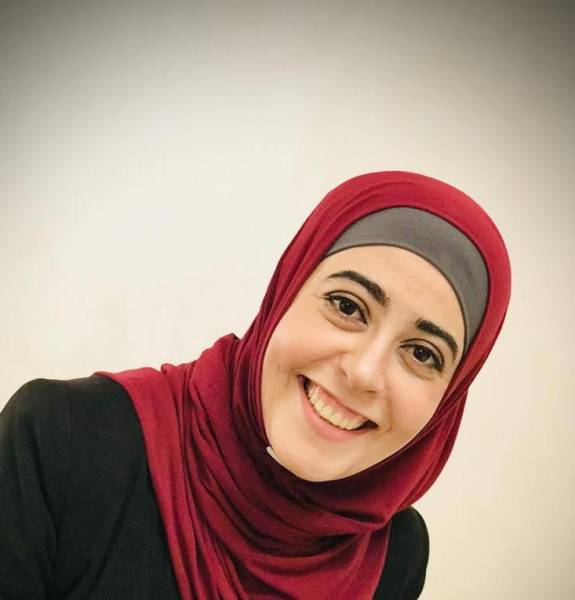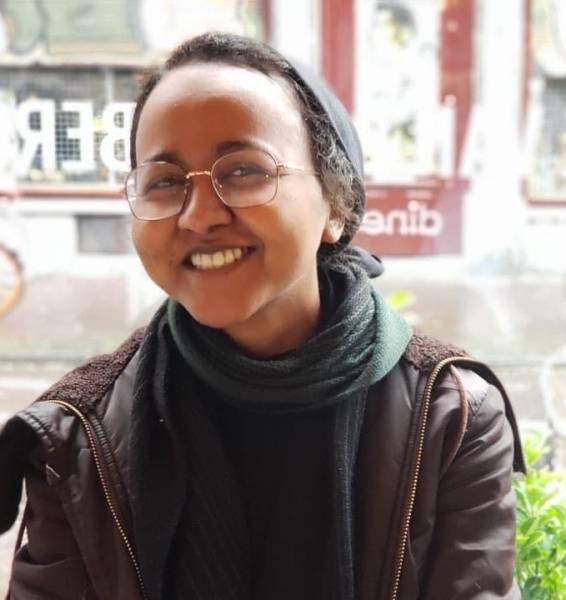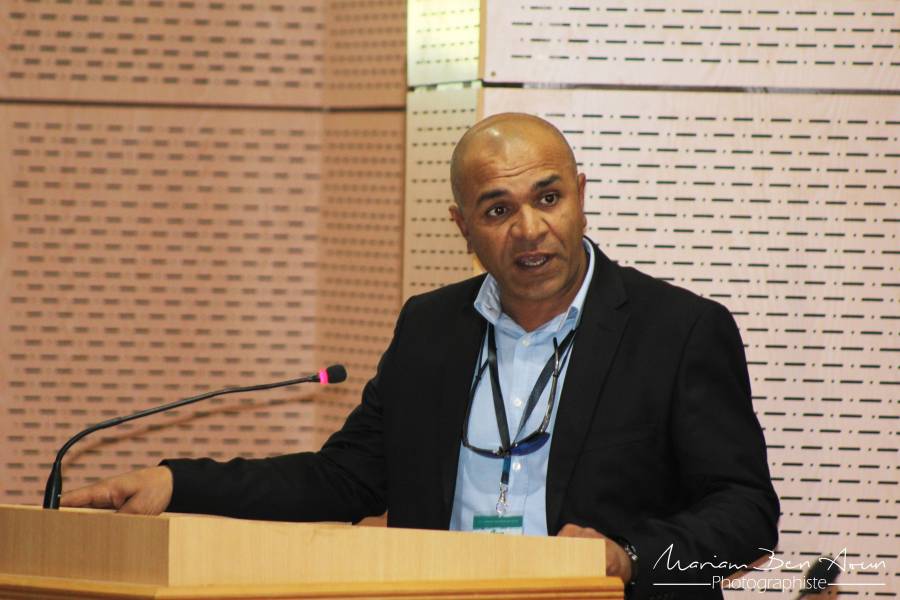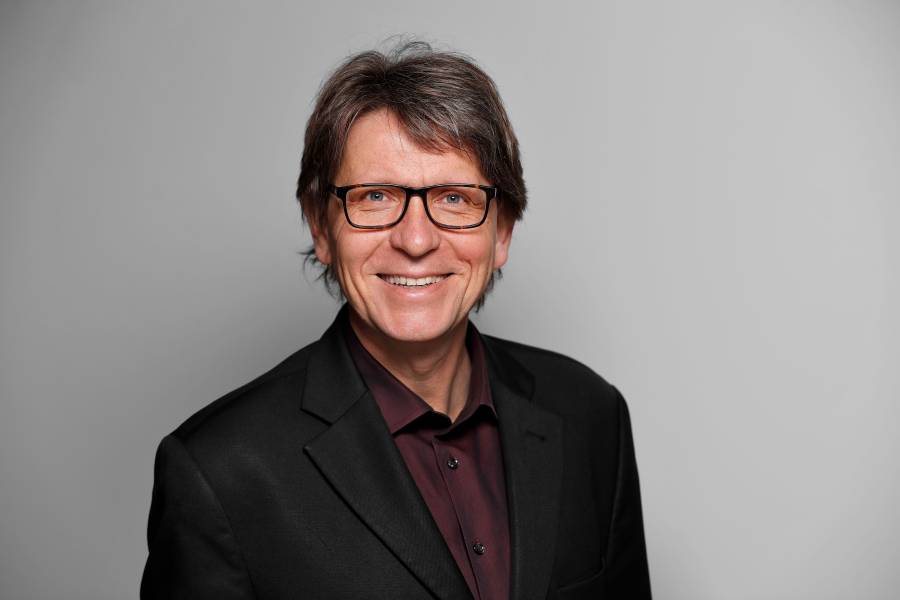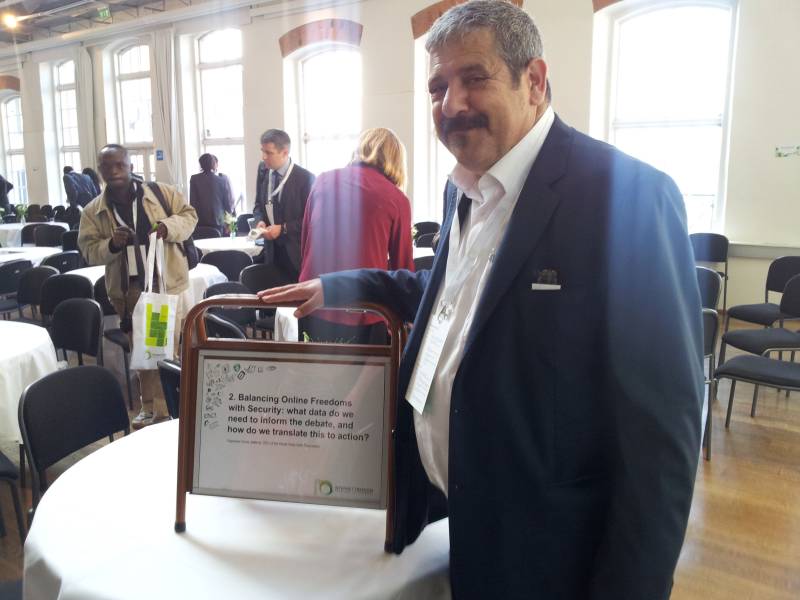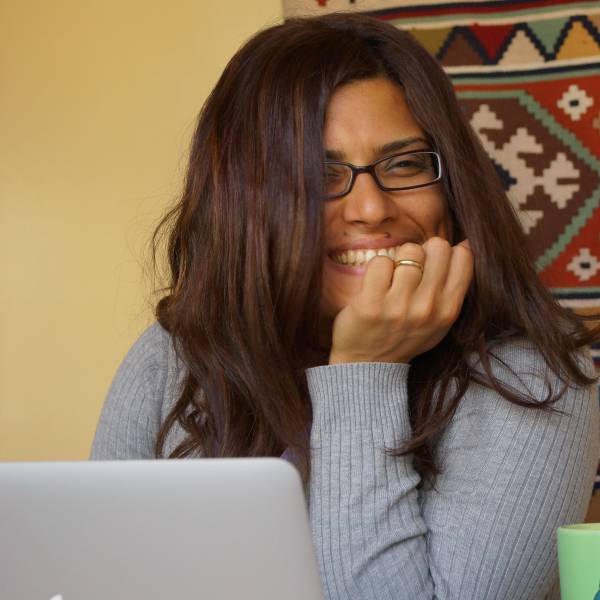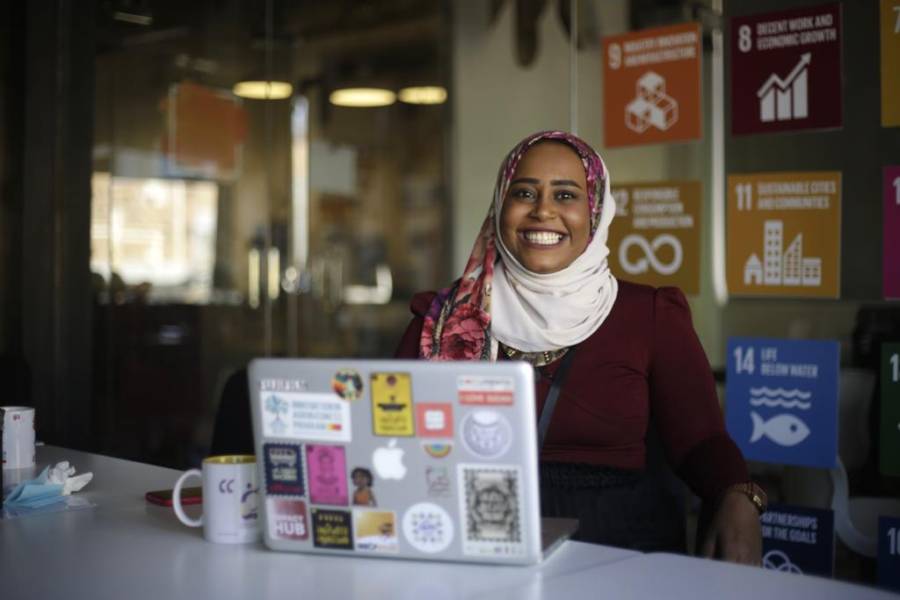Online Media & Journalism
Dina Aboughazala
Media Entrepreneur | Founder of Egab
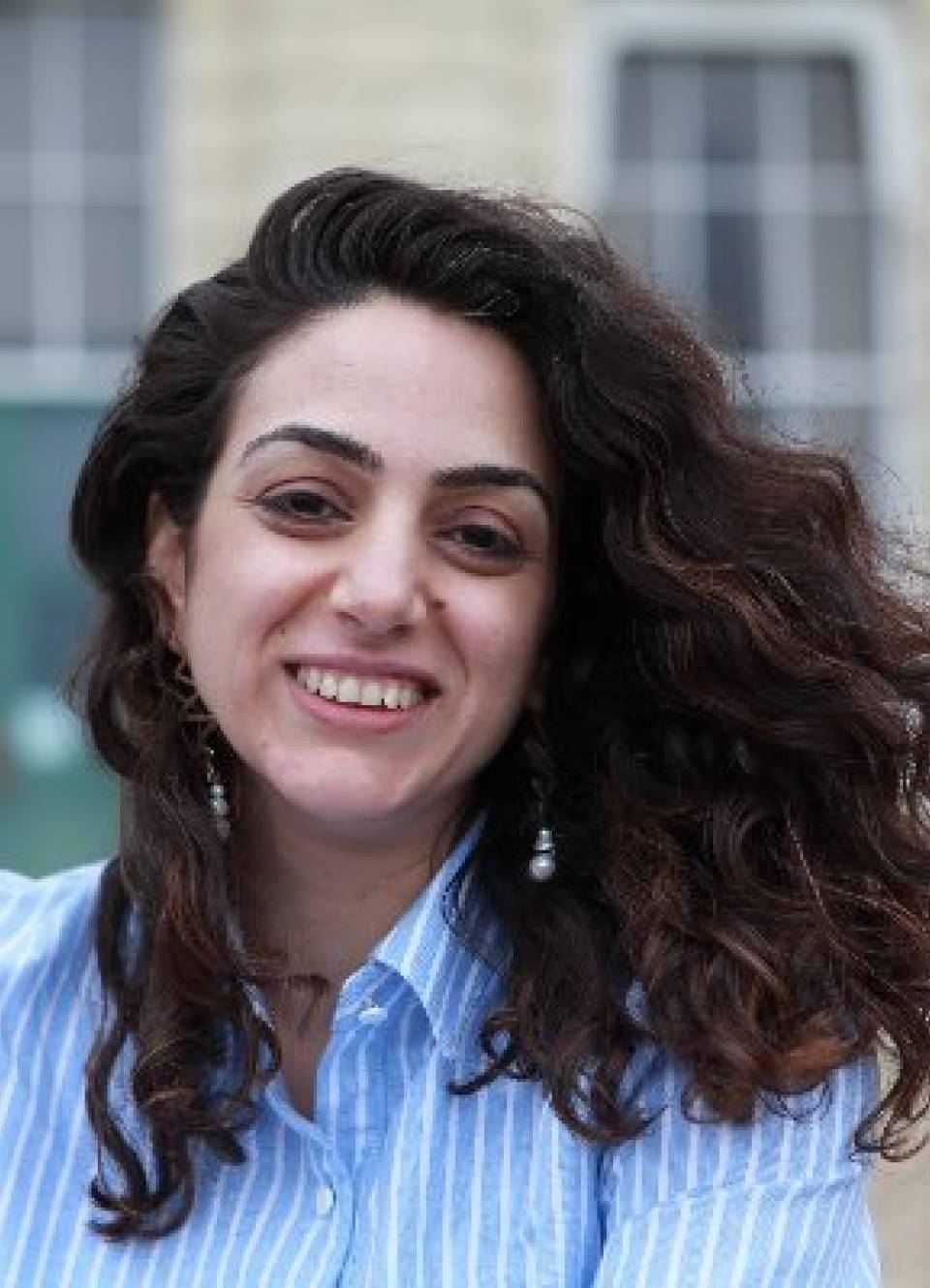
Media Entrepreneur | Founder of Egab
explore
Dina Aboughazala, founder of Egab, is building a media platform to amplify young journalists’ voices from across the Middle East and Africa.
Dina Aboughazala is a media entrepreneur and a bilingual journalist, who spent the last 14 years working for the BBC and holds an MA in Interactive Journalism from City, University of London.
Her work with the BBC involved reporting political, socio-economic, cultural and media developments in the MENA region as well as writing explainers and analysis to help make sense of what’s going on in that part of the world.
She also had a brief stint of 1.5 years specialising in covering jihadist activity across the world with a focus on their media operations, during which she produced several data-led pieces.
Recently, Dina left the BBC to launch her media startup, Egab (egab.co), which helps young journalists from across the Middle East and Africa publish 'solutions journalism' stories in regional and international media outlets.
About Egab
Egab is a media platform providing original ‘solutions journalism’ pitches by local journalists from across the Middle East and Africa.
The platform creates a trusted infrastructure for journalists and editors to connect and amplify ‘solutions journalism’, a journalism genre that focuses on telling how communities respond to their problems.
"Egab started as an idea in my Chevening scholarship application for my MA in London, which I got in 2018/2019. Of course, the idea was a bit different back then but it was the same at heart and the project's name was the same: Egab.
The name is derived from the Arabic words for positivity (Egabiya) and answer (Egaba).
I took a one year break in 2018-2019 to pursue my MA in Interactive Journalism from City, University of London after reaching a mid-career crisis point, where I no longer enjoyed my daily job, and started thinking of what got me into journalism in the first place and what I want to achieve and this was when I started thinking of doing my own venture".
A Short Interview With Dina Aboughazala
What brought you to work in the field of digital transformation?
I’ve been a digital journalist for 15 years, so the digital world has been my field for so long. I believe we live in the post-digital world now. Digital transformation is no longer an option; it’s a necessity. Those who fail to adapt will be left behind.
What is your motivation for doing the work you do?
As a Middle East-focused journalist from Egypt, I’ve always been frustrated with the media coverage of our side of the world.
Our countries and peoples are almost always in the news for all the bad reasons: war, terrorism, human rights violations, etc.
I am not saying that we do not have any of these issues but when they become almost the only stories you see, they reinforce stereotypes and they ignore other stories and realities in these countries that are worth covering and that’s why the moment I came across solutions journalism in 2016, I fell for it.
I felt we needed more of these stories in our region. Again, we still need the breaking news stories and investigative reporting that exposes wrongdoings.
But in addition to these, we need stories to shed light on those coming up with solutions. Stories that tell us if these solutions are working and inspire us to replicate and build upon the working models.
Another source of frustration for me was the fact that whenever there is a big story happening we get swamped with parachute reporters who stay in the country for a few days or few weeks to report on what’s going on as if they are experts without knowing the language or culture.
I usually ask my British friends whether it is ok if China or Russia or any other country sent a correspondent who doesn’t speak English to London to cover Brexit. Would you trust his/her coverage? The answer is always No.
So, why should we trust the coverage of foreign reporters who don’t spend more than a few days/weeks in one place and who don’t know the language or culture.
Therefore, empowering local journalists to be able to tell the stories of their own countries and communities with high journalism standards is at the core of what Egab does.
What is one way in which your work creates impact?
The media scene in the Arab world is becoming more and more challenging. Polarisation is at an all-time high.
Opportunities to join international media outlets are decreasing by the day with many bureaus in the region closing down either for security or financial reasons.
So, by helping young journalists publish stories that appeal to global audiences from their hometowns, we are helping local journalists break this vicious circle of not finding proper opportunities to develop their journalism and publish in reputable media outlets.
Egab provides young journalists with the opportunity to build their skills, experience and C.V with by-lines in international publications and make sure they get paid fairly for their work.
I hope that through Eagb, we will be able to develop a generation of highly-skilled journalists in the Middle East and Africa.
We believe locals deserve to tell their own stories and we are helping them do so in the highest standards possible.
When she’s not busy running her startup (and running after two kids), Dina would be giving talks and training sessions to journalism students and media practitioners about solutions journalism, social media or diversity in the industry.

